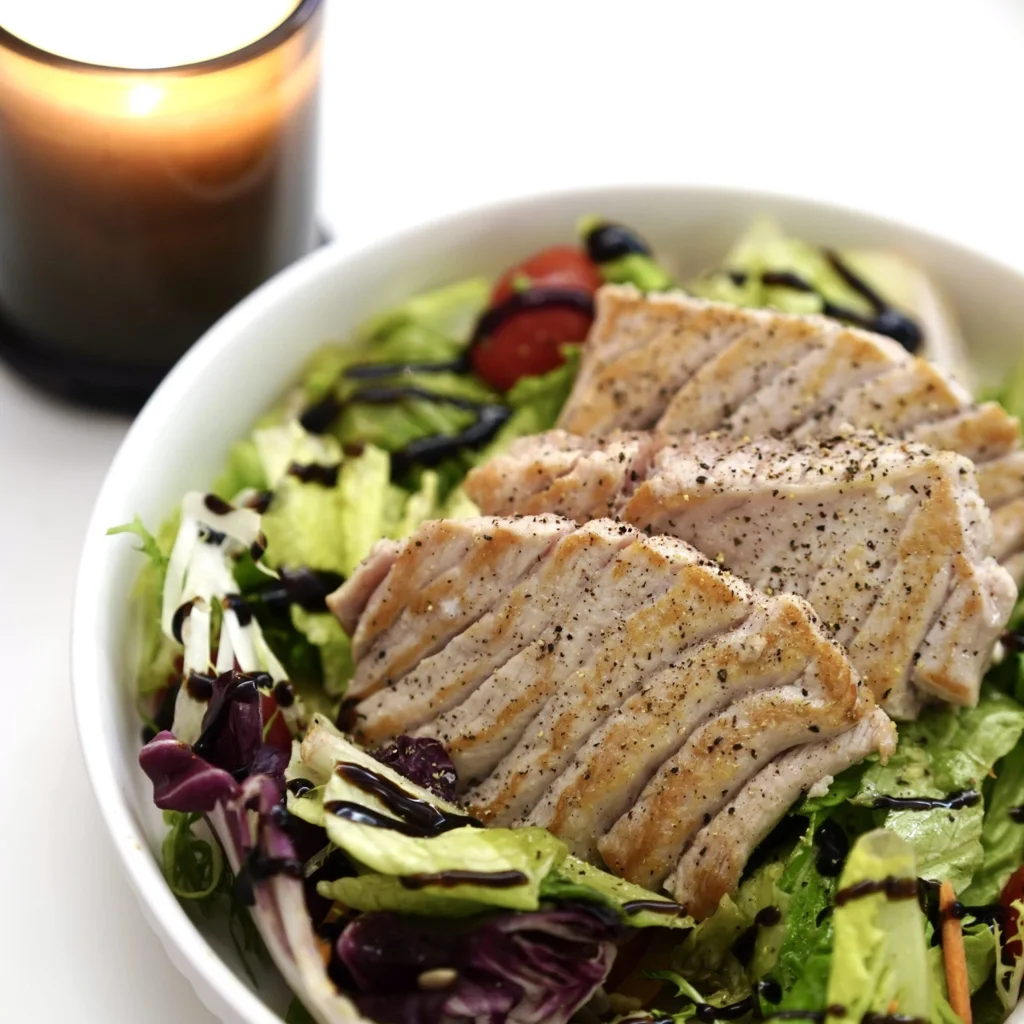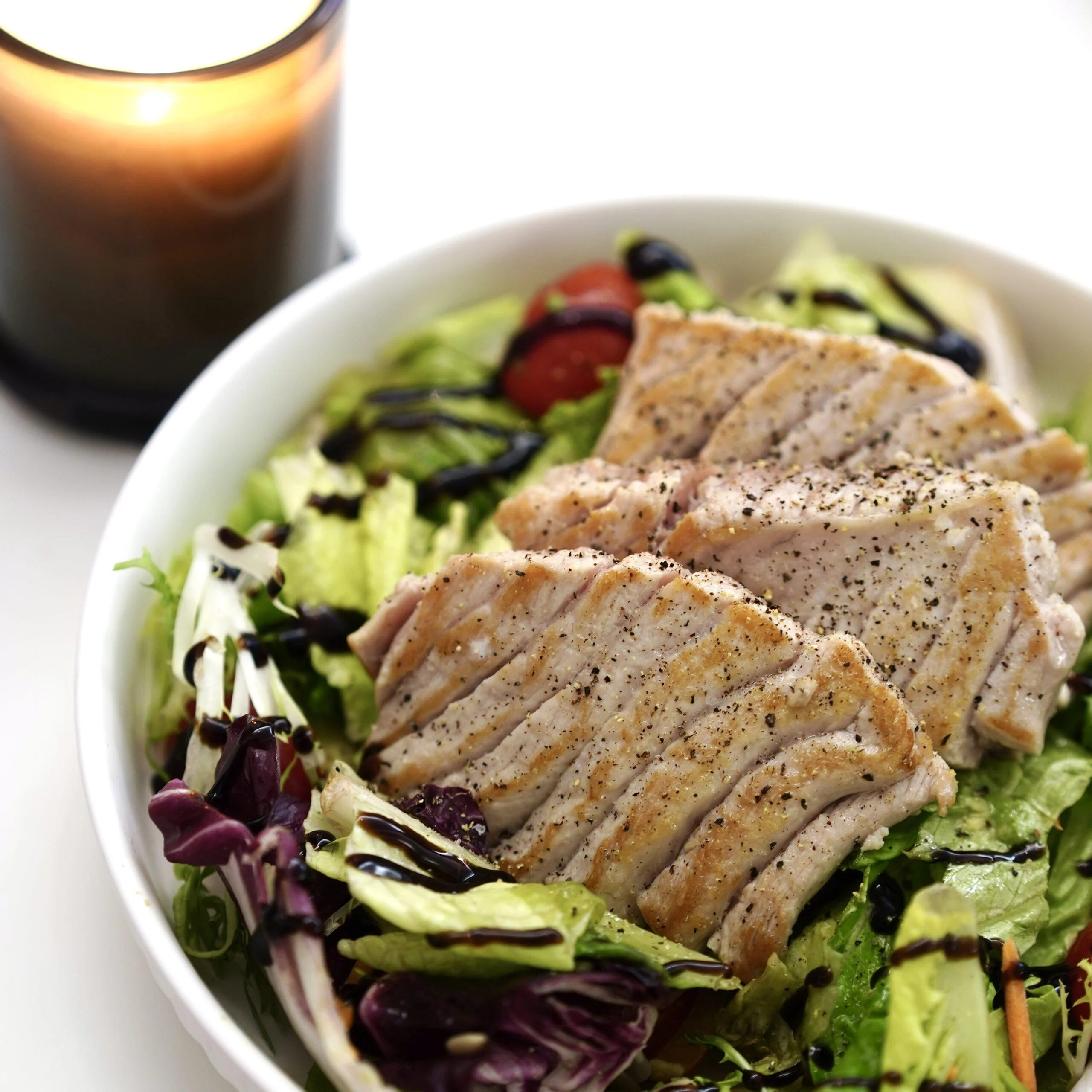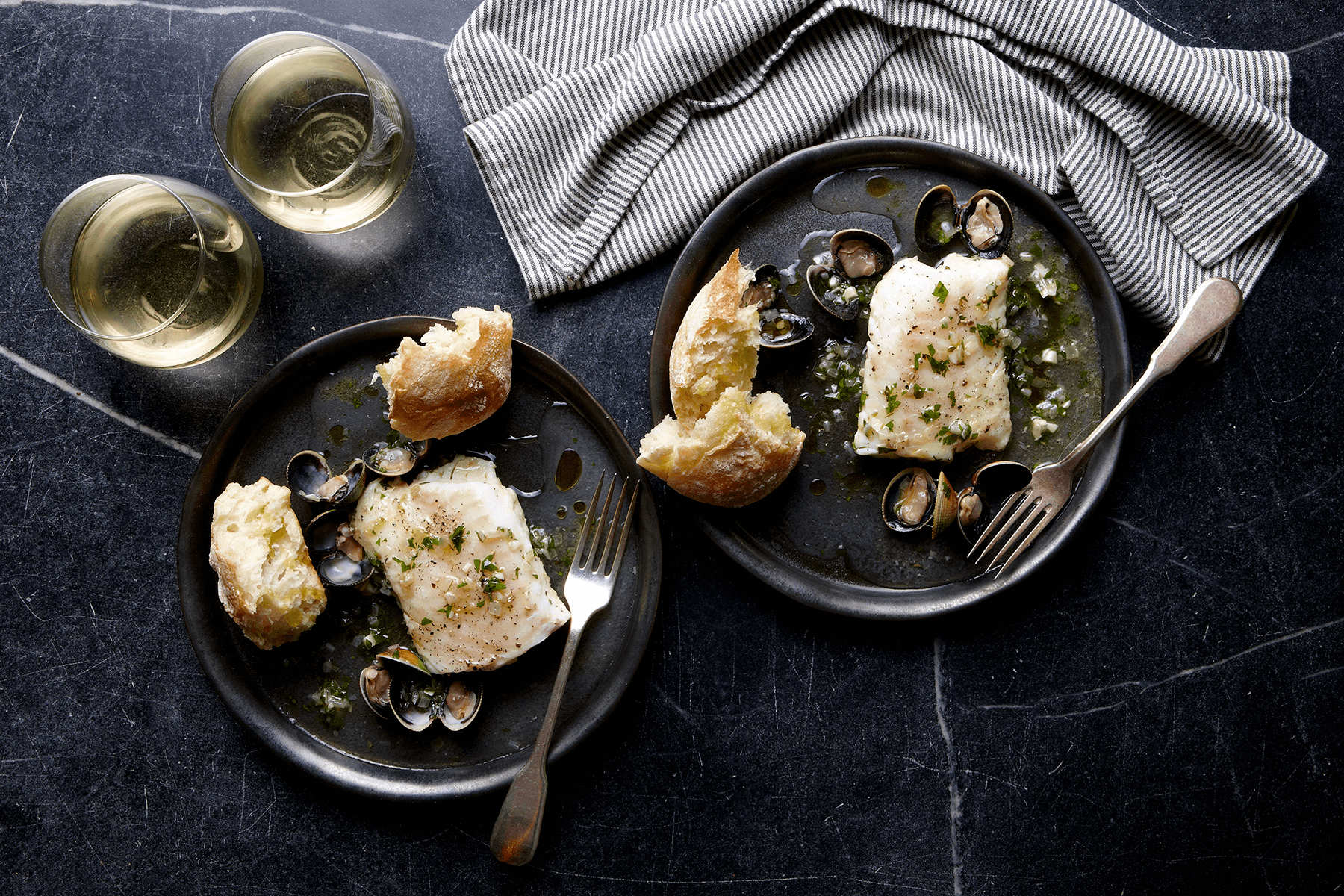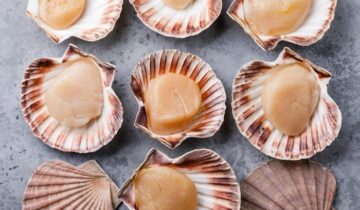
Tuna on the grill is delicious. It can withstand the high heat and is incredibly flavorful. A larger yellowfin, or ahi tuna is even better for grilling because it has a higher fat content than a smaller fish. If you’ve never grilled tuna before, it’s easy—and the marinade comes together quickly.
Ingredients
- 1/3 cup freshly squeezed lime juice, plus wedges for serving, if desired
- 1/4 cup olive oil, more for the grill grates
- 2 tablespoons rice vinegar
- 2 cloves garlic, crushed and minced
- 1 tablespoon grated fresh ginger
- 4 (6-ounce) ahi tuna fillets
- Kosher salt, to taste
- Freshly ground black pepper, to taste
- 1/4 cup honey
Instructions
In a medium bowl, whisk together lime juice, olive oil, rice vinegar, garlic, and ginger.
Lay tuna fillets on a rimmed plate, season both sides with salt and black pepper to taste. Spoon half the marinade over the tuna, turning to coat evenly.
Let the tuna marinate for 30 minutes covered in the refrigerator.
Whisk the honey into the remaining half of the marinade to make a glaze.
Prepare a high (500 F to 600 F) gas or charcoal grill fire. Lightly oil the grill grates to create a nonstick surface. Grill the tuna for about 2 minutes. Flip the tuna and brush with some of the glaze. Grill 2 minutes more for medium-rare to medium.
Transfer the tuna to a plate and, using a clean brush, spread some of the honey-lime glaze over other side of fillet. Serve with any remaining glaze at the table and lime wedges, if desired.

Our primary focus is on providing wild seafood sourced from artisanal fishing along the French Atlantic coast. We prioritize caught-to-order imports and do not maintain any pre-existing stock. By working directly with small fisheries in Brittany, France, we ensure complete traceability, guaranteeing that our products are traceable from the moment they are caught to their arrival at the customer’s table.
Artisanal fishing is defined by NGOs as small scale, coastal and human level fishing using sustainable essentially static techniques (nets, pots, lines) and having little or no impact on natural resources. Moreover, the small scale of these vessels make them dependent on a healthy marine ecosystem which they maintain by changing fishing zones and species throughout the year in order to preserve stocks.






 No products in the cart.
No products in the cart. 
